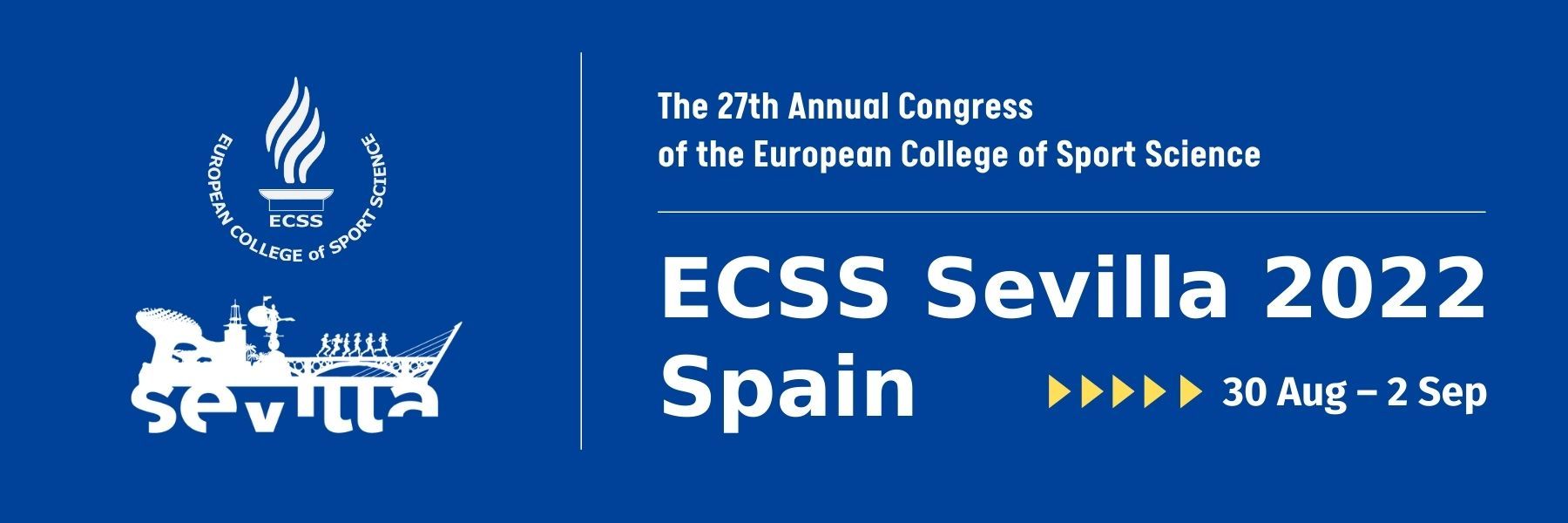

A progressive decline in muscle mass and strength accompanies ageing. Degeneration of motoneurons and neuromuscular junctions (NMJs), as well as loss of entire motor units, seem to play a key role in this scenario. This symposium aims to provide a comprehensive overview of age-related neuromuscular alterations and explore the role of exercise as a countermeasure. Dr. Baraldo will introduce the topic by exploring the molecular pathways involved in the maintenance of NMJ, the specialised synapse linking muscle and nerve, and their dysregulation with ageing. Focusing mainly on findings from animal models, she will provide preclinical evidence of the protective effects of aerobic training on NMJ maintenance. Dr. Casper Soendenbroe will shift the focus to human research, presenting key biomarkers used to assess NMJ stability and innervation status. He will also discuss how these have been applied to investigate the role of resistance training in combatting neuromuscular decline in older adults. Dr. Fabio Sarto will conclude the symposium by exploring the functional impact of these molecular alterations at motor unit level. In particular, he will focus on electrophysiological alterations occurring in old age, including NMJ transmission impairment, and how these are modulated by exercise. The session will be of interest to researchers in muscle and exercise physiology. Furthermore, it offers relevant insights to sports medicine doctors, neuroscientists, and biologists.

ECSS Paris 2023: IS-PN07

Ageing is associated with ongoing cycles of muscle denervation and reinnervation, resulting in a decline in muscle contractility. Exercise has been shown to mitigate age-related defects at the neuromuscular junction (NMJ), enhancing collateral reinnervation and improving neuromuscular transmission. Nevertheless, elderly and sarcopenic individuals often experience mobility limitations. Consequently, understanding motor unit plasticity and the molecular mechanisms driving these exercise benefits is essential. In this presentation, Dr. Martina Baraldo will share published and unpublished findings on molecular pathways that support neuromuscular stability, particularly focusing on how changes in mechanistic target of rapamycin complex 1 (mTORC1) activity are linked to NMJ maintenance in adult and aged mice. Additionally, the presentation will examine the effects of endurance exercise on the motor unit across untrained and trained states. This research sheds light on acute and chronic responses of motor units to exercise, suggesting potential therapeutic targets for enhancing neuromuscular function in individuals with mobility impairments. These findings open avenues for innovative interventions aimed at improving the quality of life in advanced age.
Read CV Martina BaraldoECSS Paris 2023: IS-PN07

Heavy resistance exercise effectively increases muscle mass and strength at all ages. However, there remains limited understanding of how, and to what extent, resistance exercise provides neuroprotective benefits, particularly in preventing or slowing the loss of muscle innervation. This presentation will cover what is known about resistance exercise-induced changes in muscle innervation in both healthy and diseased populations. Various biomarkers related to muscle innervation, assessed in either muscle tissue or blood, will be introduced and critically discussed. Special attention will be given to outlining the frontiers of current knowledge in this area, with recent studies leveraging in vitro experiments to offer insights into the cellular mechanisms by which muscle contraction can stimulate a nerve. Dr. Soendenbroe is an equal 5th-place recipient of the ECSS Young Investigator Award, with research interests in muscle innervation, adaptation to exercise and disuse, and cellular crosstalk.
Read CV Casper SoendenbroeECSS Paris 2023: IS-PN07

The plasticity of human motor units (MUs) has been widely assessed through in vivo evaluation of their electrophysiological properties. In this presentation, Dr. Fabio Sarto, an ECSS Young Investigator Award Winner (equal 5th) in 2022, will explore the use of intramuscular electromyography (iEMG) to reveal changes in neuromuscular function with ageing and exercise. He will provide an overview of key findings from the literature, highlighting that alterations in MU properties—including reduced firing rate, increased MU potential complexity, and neuromuscular junction (NMJ) transmission impairment—are prominent features of human neuromuscular ageing. Furthermore, several studies employing the motor unit number estimate (MUNE) technique have observed age-related MUs loss. The presentation will also examine the role of sex differences on MU properties. Finally, Dr. Sarto will discuss the controversial evidence regarding the effects of chronic aerobic training on MUNE in humans, as well as the impact of (re)training with resistance exercise on NMJ transmission and MU properties. Overall, this presentation will contribute to a deeper understanding of how neuromuscular function adapts to ageing and exercise, providing insights that complement the cellular and molecular perspectives covered by the other speakers.
Read CV Fabio SartoECSS Paris 2023: IS-PN07